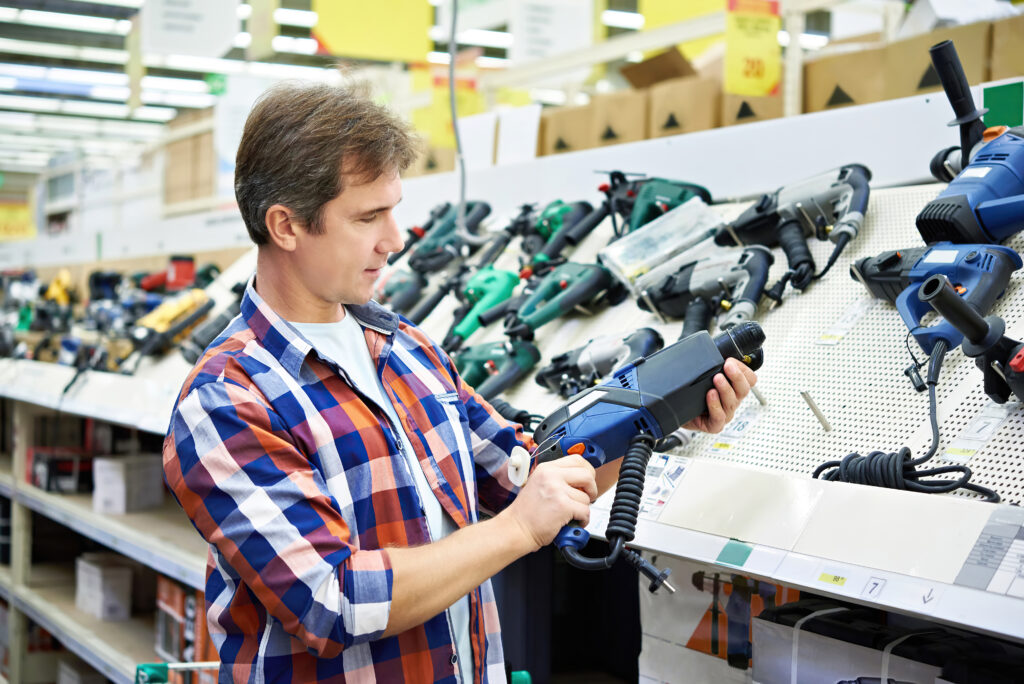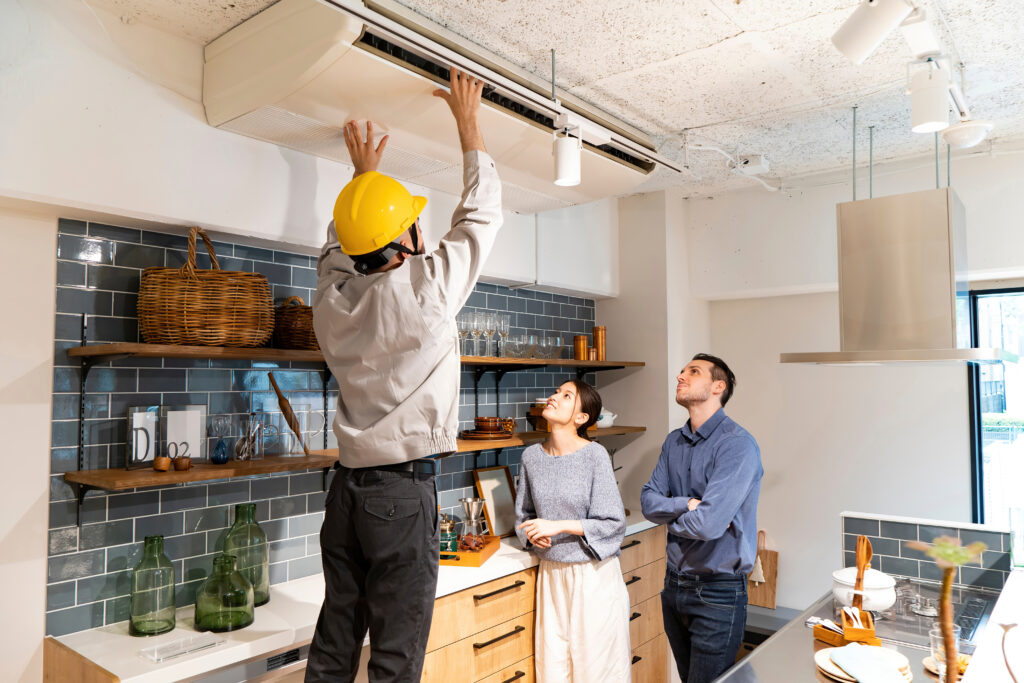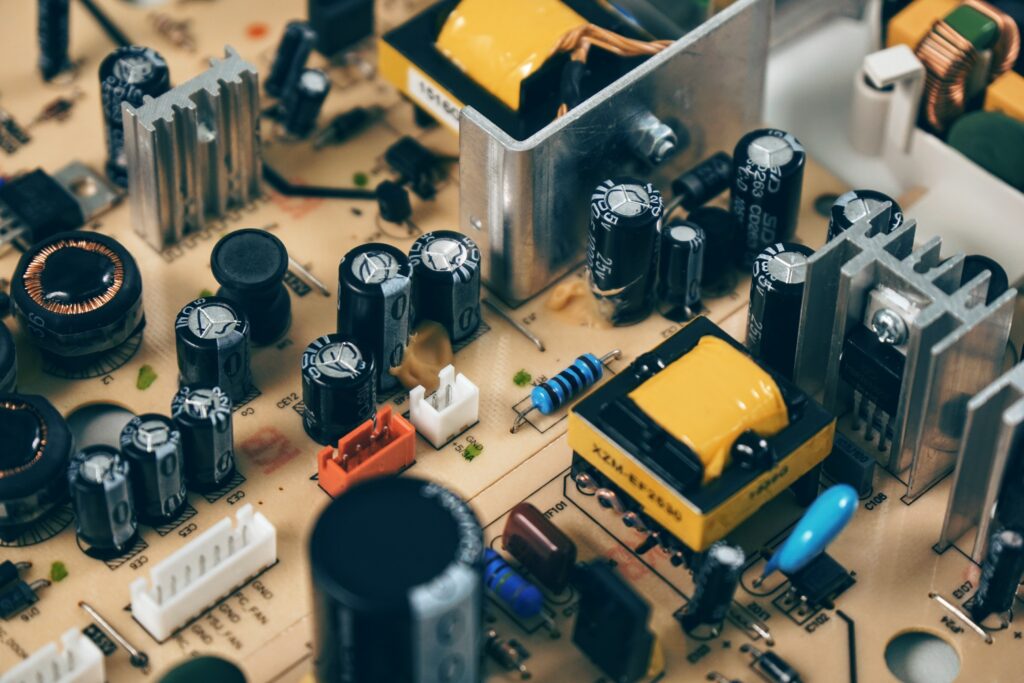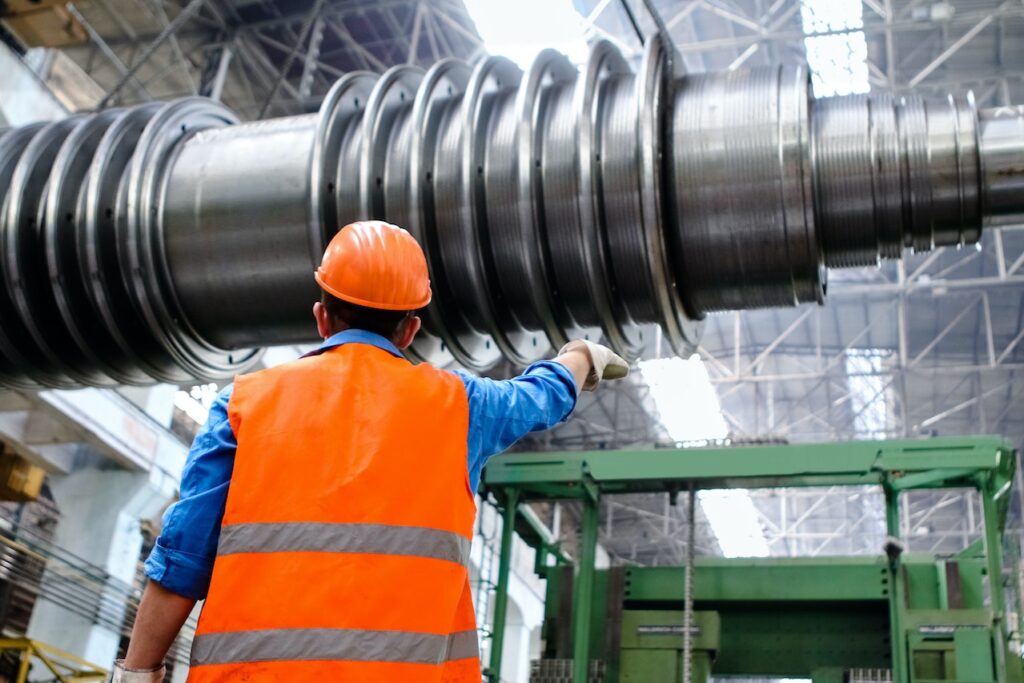
Hardware & Building Material Inspection
All-Inclusive – Inspection Service All Over China: $199 per Man Day
Inspection of building supplies and hardware for quality control
Tools and products used in construction and home improvement are generally referred to as hardware products. They can be things like tools, paint, housewares, fasteners, hinges, locks, keys, plumbing supplies, cleaning supplies, and housewares.
Making something durable is the goal of construction. Our hardware quality control inspectors are located all over China and work with our experts who specialize in regional and international standards and laws to conduct inspections for mechanical influences and find solutions for your supply chain.
What standards of excellence do we employ when inspecting hardware and construction supplies?
By using a third-party inspection entity, quality issues will be found and dealt with right away. Retailers and importers can ensure quality by conducting processing hardware and building material inspections, which can spot flaws and regulatory violations at various stages of the manufacturing process.
How are inspections carried out? Verify whether the order is a whole or just a portion of it. We evaluate the quality of mass production using your Acceptable Quality Limits (AQL), identifying and categorizing flaws to provide an inspection report of your products’ quality.
When inspecting hardware and building materials on-site, the necessary tests are conducted
The most significant onsite inspection checklists for your building supplies and hardware are listed below.
- Drop test for transportation
- Product weight and size measurements
- Check with a barcode scanner
- Check the installation or assembly
- Checking a special function
- Tape with coating for testing
- Actual use assessment
- Moisture assessment of a wood component
Only by submitting them to product inspections will you be able to ensure that your hardware meets your requirements. The fundamentals of quality control inspection for hardware are communicated in these steps.
HSIN Quality inspection expertise in hardware and building material
For hardware and building materials, HSIN Quality provides an Initial Production Check (IPC), a During Production Check (DUPRO), a Pre-shipment Inspection (PSI), and a Supplier Audit to meet consumer service quality and safety standards and prevent product recalls.
Why Hardware Inspection Is Required regularly
The advantages of routine hardware inspection are numerous. Because of this, various regulatory organizations like the Occupational Safety and Health Administration (OSHA) advocate for preventive upkeep and inspection.
Several advantages of routine hardware inspection are listed below
An environment that is safer at work
You can identify potentially life-threatening wear and tear by regularly inspecting your hardware before it causes damage. You can protect your workers and everyone else by establishing a safer workplace. This will prevent serious injuries and even fatalities.
Decreased equipment damage
During the inspection, you can find flaws or signs of wear and tear so as to prevent further harm to the equipment. Additionally, it can lengthen the lifespan of your material handling and rigging equipment.
Reduce Expenses
While regular inspection requires some resources, it often results in reduced repair and replacement costs in the long run. If you catch the defect early, equipment repairs are usually less expensive. Additionally, it will help to lower your operation cost in long term.

Absence of Unplanned Downtime
Regular inspections shield your equipment from unexpected failure, which usually causes unplanned downtime and costs your business a lot of money. In some situations, unplanned downtime can bring down a complicated supply chain, putting your company in grave danger.
Superior Productivity
Regular hardware inspection also has the important benefit of ensuring that your material handling equipment is operating at its high efficiency. Maintaining your moving, rigging, and lifting tools in top working condition becomes simpler as you can spot flaws at an early stage. As a result, your machinery provides maximum productivity for a long time.
Increased Equipment Life
You can prevent serious damage to your equipment by early identifying defects and repairing problems. Therefore, a routine inspection can also aid in extending the life of your equipment.
Steps to Take
Regular hardware inspections make sense given the wealth of advantages that are just waiting to be reaped. Here’s how to go about it.
Visual inspection should come first.
The ideal place to begin your regular examination is with a visual inspection. Almost all types of material handling equipment can be visually inspected, including spreader bars and wire rope slings. All you have to do is carefully examine each component of the equipment that can be visually inspected.
A visual inspection may take a short while or it may take longer, depending on the size and type of equipment. Look for common physical damage indicators like abrasions, cuts, blemishes, dents, and other forms of deformation. In complex machines that you believe need replacement, you can also check for rusty and decayed components.
Examine the apparatus for any missing components.
Examine the area visually for any missing components. Bolts, nuts, screws, and split pins, among other small components, may be present on intricate machines like conveyor belts, hoists, forklifts, and cranes but they could also disappear over time.
You must look for and replace those parts before testing your apparatus. Additionally, you should determine whether certain components, particularly hydraulic joints, need grease and oil. Apply grease and oil where it is required right away.
Test-Operating All Controls is a good idea.
The next step is to test-drive all of the controls on the material handling equipment. More of a test run than anything else, I guess. This process is crucial when inspecting sophisticated material-handling machineries like forklifts, cranes, and rigging tools.
Depending on the equipment, you will need to modify your test operation checklist. For instance, when inspecting a crane’s controls, you must also look at the hoists, full range of motions for various hydraulics, brakes, and gears, among other things. Lifting a test load is another option.
Additionally, make sure that all of the switches and interlocks are in top working order. However, you are not permitted to test-operate any equipment or components that are faulty or damaged. Before testing the equipment, make sure any physical damage is fixed or replaced.
Consult the Required Safety Guidelines
Most instruments and tools have instructions from the manufacturer for use and safety. Additionally, government regulatory organizations like OSHA occasionally release safety and usage guidelines. During each checkup, you must make sure to abide by these rules and safety precautions.
Ensure that the staff members handling the tool are aware of these instructions. If there is a user, if there is an instruction manual, keep it close at hand so that anyone using the device can read it. When it comes to large machines, in particular, emergency shutdowns, brakes, or lockdowns are functioning properly.
Regular Third-Party Inspection
You should also have your material handling equipment tested by qualified professionals in addition to routine hardware inspections. This independent inspection should be carried out two to three times a year at the very least. You might need to have your tools checked more frequently, though, depending on how you use them. It is better to use common sense and to make use of legal requirements as well.
To conduct the inspection and provide you with a thorough report, you can hire an expert in the relevant field. However, confirm that the specialist is certified to examine the questioned hardware. Keep records of all the tests that your internal and outside experts conducted. These reports can be used to determine how long your equipment will last.























